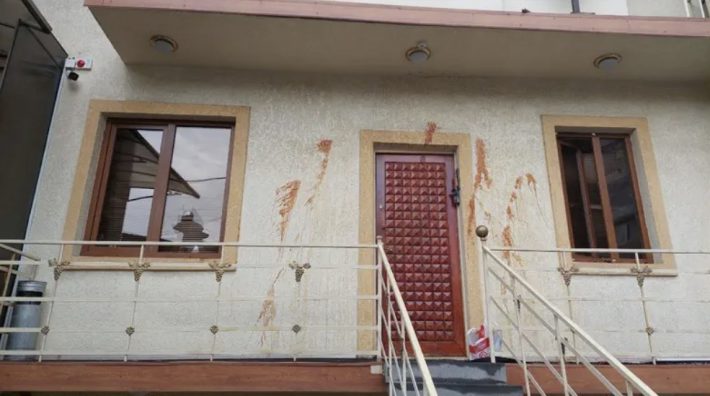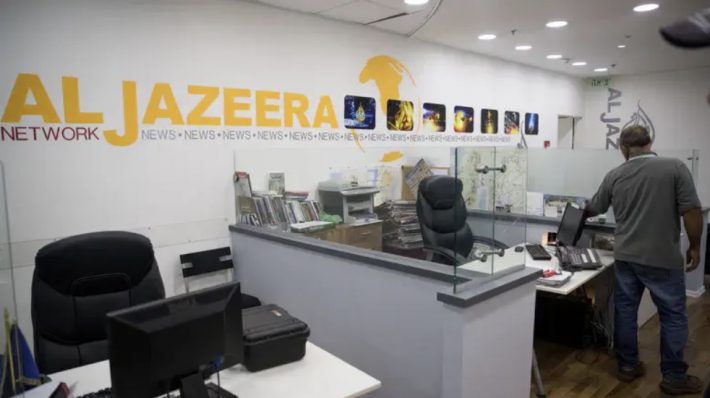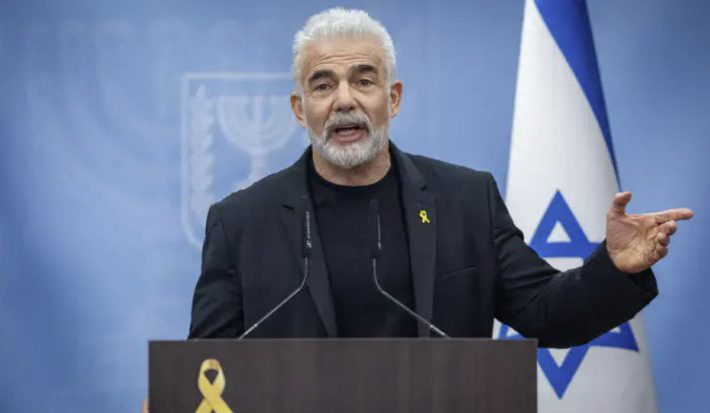Humanity’s role extends beyond personal growth—Torah sources reveal a dual responsibility to populate and develop the world, transforming it physically and spiritually. Rooted in creation and inspired by leaders like Avraham and Sarah, this mission defines our purpose in both this world and the next.
As human beings, our purpose transcends self-improvement; we are entrusted with the sacred task of cultivating and uplifting the world around us. This twofold responsibility—personal growth and global development—is embedded in the Torah’s first account of human creation, establishing a timeless directive for mankind.
Populating: A Shared Role with Creation
The Torah introduces the human story with a universal mission: to populate the earth. This isn’t a human-exclusive command—it’s the foundational principle of life itself. Long before man’s arrival, birds and fish were blessed to multiply, establishing a divine expectation that all life should perpetuate itself.
The prophet Yeshayahu captures this vision, declaring, “Lo tohu v’ra’ah; la’shevet yetzarah”—Hashem did not create the world to remain empty but to be inhabited. Just as skies are meant to be filled with birds and seas with fish, so too must the earth be populated by human beings.
Developing: Humanity’s Unique Mission
Yet while all species are tasked with survival, only humanity is charged with shaping and elevating creation. The Torah signals this distinct purpose by inviting us into Hashem’s thought process before man’s creation: “Let us make man in our image… and they shall rule over all living things.” This deliberation, absent in the creation of animals or celestial bodies, signals the exceptional role humans play in the divine design.
The Kotzker Rebbe noted that Hashem created only the “beginning”—reishit—leaving the rest for man to complete. This is echoed in the teaching of Chazal: “Everything created in the six days of Creation requires further development.”
The Malbim links this idea to Yeshayahu’s use of the word la’shevet, indicating that Hashem’s intent was not merely habitation, but productive civilization—what Chazal termed yishuv ha’olam, the building and sustaining of a meaningful world.
The Divine Image and Human Responsibility
Man’s unique capabilities—reason, speech, moral judgment—reflect the divine image, distinguishing us from all other creations. These gifts empower us to direct, not merely survive. Our mission isn’t just to live in the world, but to transform it with purpose.
The Rambam takes this responsibility further. He explains that one who abstains from meaningful engagement with the world—who avoids wisdom and societal contribution—is disqualified from giving legal testimony, because such a person violates the Torah’s ideal of meaningful existence. In Hilchot Yesodei HaTorah, the Rambam asserts that this mission—to build and elevate the world—is not only central to this life, but is the pathway to the next.
When Yishuv Becomes Tikun
The mandate of yishuv ha’olam spans both the physical and moral spheres. It involves planting and building, yes—but also forming ethical societies, rooted in justice and divine awareness.
This holistic approach was modeled by Avraham Avinu and Sarah Imeinu, who didn’t retreat into personal piety but actively inspired others to embrace Hashem. Unlike earlier tzaddikim like Chanoch and Noach, who remained isolated, Avraham and Sarah turned their tent into a center of spiritual influence—a beacon of hospitality and monotheism.
Their model remains our template. The Jewish mission is not isolation, but inspiration. We are a “nation of priests,” charged with guiding the world by example and engagement.
This vision expands yishuv ha’olam into tikun ha’olam—not just building the world, but refining it. We strive for a world that isn’t just functional, but aligned with divine values. This is the meaning behind the prayer in Aleinu, where we yearn to “perfect the world under the sovereignty of the Almighty.”
Many Jews today are active in social justice and global development. Rav Reuven Taragin urges us to anchor these efforts in avodat Hashem, ensuring they serve a higher spiritual purpose.
Rav Kook’s Vision: The Highest Form of Yishuv
Rav Kook taught that the ultimate yishuv ha’olam is helping humanity live with meaning. Hashem designed a world filled with potential—but He left its fulfillment in our hands. When we help others discover that potential and live with purpose, we bring the world closer to its divine destiny.
May we embrace our dual mission with clarity and conviction: to populate and to perfect, to build and to uplift. In doing so, may we fulfill our sacred role as partners in creation—and stewards of its ultimate redemption.
— Rav Reuven Taragin, Dean of Overseas Students at Yeshivat Hakotel and Educational Director of World Mizrachi and the RZA
His new book, Essentials of Judaism, can be purchased at rabbireuventaragin.com





